20 Patterns Of Narcissistic Abuse That We’ve Learned To Tolerate Over Time
It’s easy to mistake narcissistic behavior for charm, confidence, or passion—especially when dysfunction is normalized in the name of love.
Subtle, relentless manipulation wears down self-awareness, making it hard to identify mistreatment. Here are 20 patterns that often remain unrecognized until much later.
1. They twist your words until you start doubting yourself

They twist your words until you question your own reality. Conversations that start out straightforward become tangled webs of confusion. You might find yourself replaying discussions, trying to pinpoint where things went awry.
Suddenly, you’re doubting memories, wondering if you misspoke or misunderstood. It feels like being lost in a verbal labyrinth with no exit. The effect is destabilizing, leaving you unsure of your own perceptions.
This tactic erodes trust in yourself, a subtle but powerful way to undermine confidence and autonomy. Recognizing this manipulation as intentional is the first step towards reclaiming your voice.
2. Suddenly, you’re apologizing—for things you never said

You find yourself apologizing for things you didn’t say or do. It’s not just a one-time slip—it’s a pattern. Every disagreement ends with you saying sorry, even when you’ve done nothing wrong.
This is a calculated tactic to shift blame and impose guilt. It’s like walking on eggshells, constantly fearing an invisible misstep that you’ll end up paying for. Over time, you internalize the false narrative that you’re always at fault.
Identifying this pattern is crucial. It’s not about letting things slide; it’s about recognizing that manipulative apologies are not genuine. Regain your ground by asserting your truth.
3. They make you feel guilty for needing anything
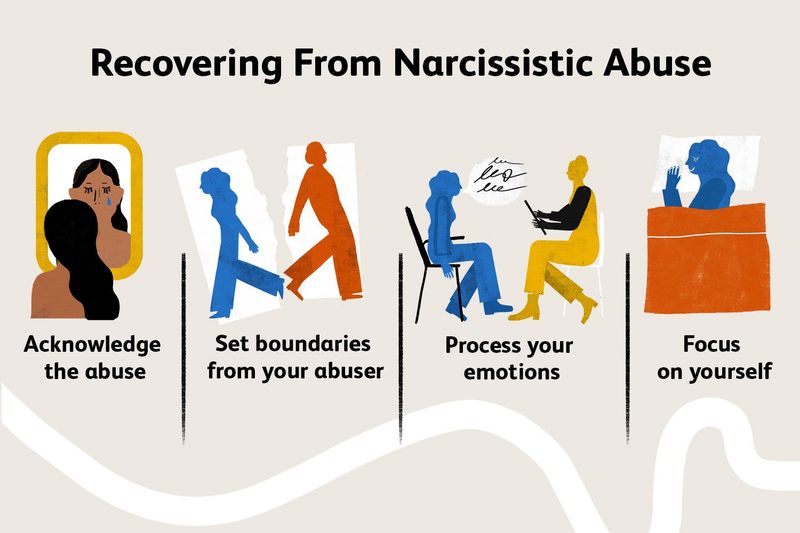
Your needs become “too much.” Whether it’s asking for help or expressing feelings, you’re branded as needy or demanding. It’s a subtle way of making you feel guilty for having basic human needs.
This emotional tactic fosters dependency while simultaneously making self-advocacy seem selfish. The silent message is clear: to be loved, you must be less yourself. The burden of unmet needs grows quietly, becoming a new normal.
Reclaiming your right to express needs without guilt is empowering. You deserve a partner who respects and validates your feelings. Recognizing this manipulation is key to maintaining your personal boundaries.
4. They charm everyone but belittle you in private

At a glance, they’re the life of the party, effortlessly charming everyone they meet. But behind closed doors, it’s a different story. You become the target of subtle insults and criticisms that others never see.
This dual existence is disorienting, making you feel like you’re living in two different worlds. Outwardly, they’re adored; privately, they diminish your worth. This dichotomy isolates you, reinforcing feelings of inadequacy.
Understanding this pattern is crucial. It’s a form of control that thrives in secrecy. By acknowledging it, you take the first step in breaking free from their shadow and reclaiming your self-worth.
5. They weaponize your emotions against you

Tears, anger, joy—emotions become ammunition in their arsenal. When you express feelings, they twist them, labeling you as dramatic or manipulative. This is gaslighting at its finest.
By distorting your emotional reactions, they make you doubt your own sincerity. Suddenly, your genuine feelings are invalidated, portrayed as mere tools for manipulation. This tactic isolates you, making self-expression an act of vulnerability.
Recognizing this manipulation allows you to reclaim your emotional truth. Your feelings are valid and real, deserving of acknowledgment and respect. Break free from this cycle by embracing your emotions as natural and necessary.
6. They act like they’re the victim—even when they’re not

When conflicts arise, they masterfully flip the narrative, casting themselves as the victim. Somehow, you end up feeling guilty, even when you’ve been wronged. This is their skill: reimagining events to suit their narrative.
By positioning themselves as the aggrieved, they manipulate sympathy, diverting attention from their own behavior. It’s a subtle but potent method of deflection, turning your grievances into their grievances.
Seeing through this manipulation requires clarity of mind and a firm grip on reality. Understand that their victimhood is often an illusion, a smoke screen concealing their own actions. Stand firm in your truth.
7. They give just enough love to keep you hooked
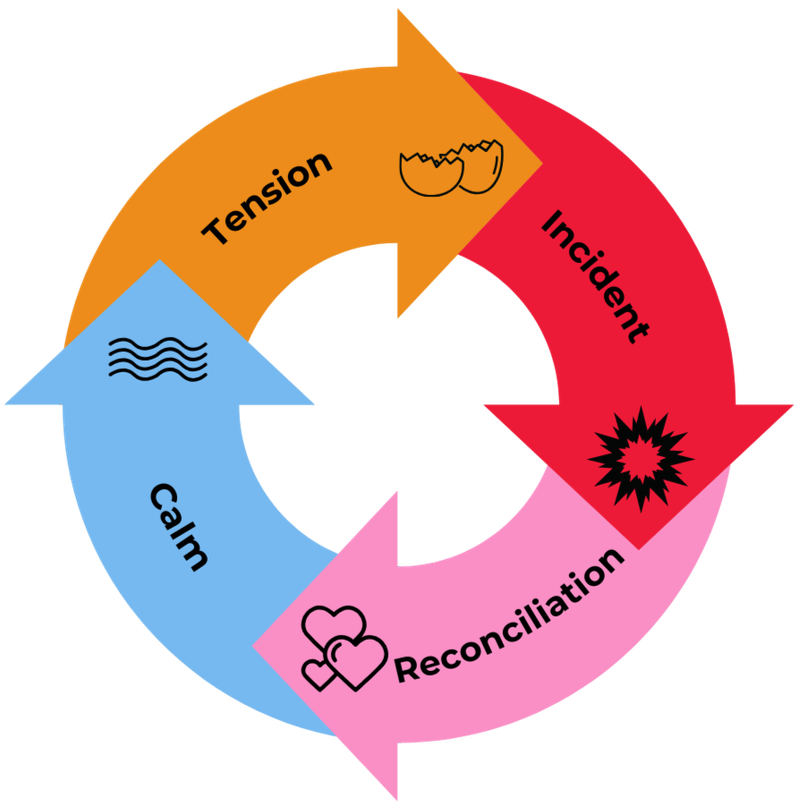
Affection comes in crumbs—just enough to make you stay. They know when you’re on the edge of leaving, offering small gestures of love to pull you back in. This cycle of push-and-pull keeps you invested.
This intermittent reinforcement creates dependency, akin to gambling for affection. You’re always waiting for the next sign of love, hoping it will be the one to make everything okay.
Recognizing this pattern helps break the cycle. Genuine love isn’t rationed or conditional. You deserve consistent and meaningful affection, not the uncertainty of when you’ll be deemed worthy of love again. Choose stability over unpredictability.
8. They turn apologies into blame-shifting

Their apologies aren’t about accountability; they’re about shifting blame. Instead of owning their actions, they say things like, “I’m sorry you feel that way,” turning the focus back onto you.
This passive-aggressive apology dismisses your feelings, implying your reactions are the problem. It’s a clever tactic to avoid accountability while maintaining a facade of contrition.
Recognizing this manipulation is essential. True apologies acknowledge harm and seek to mend it. Don’t settle for words that deflect and diminish. Demand authenticity and responsibility in apologies, and give yourself permission to disengage from blame games.
9. They make you earn back their attention
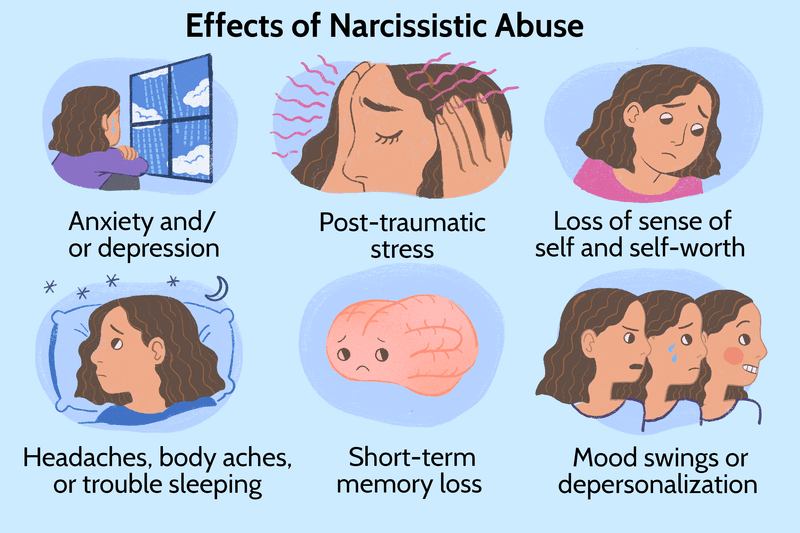
Attention isn’t freely given; it’s a prize to be won. You find yourself bending over backwards to reclaim their favor, doing everything possible to be in their good graces again. It feels like a never-ending game.
This creates an unhealthy dynamic where you’re constantly seeking approval, validating your worth through their attention. It’s exhausting, reinforcing dependency rather than mutual respect.
Breaking free requires understanding your worth isn’t tied to their attention. You deserve a relationship where love and recognition aren’t contingent on jumping through hoops. Embrace your value, independent of their manipulative tactics.
10. They isolate you without you realizing it

Friends start to disappear, but it doesn’t happen overnight. Gradually, through subtle suggestions and orchestrated misunderstandings, they distance you from your support network.
Isolation fortifies their control, leaving you reliant on them for companionship and validation. It’s a silent erosion of your social world, making escape seem impossible.
Awareness is key to breaking free. Reconnect with old friends, seeking out those connections that remind you of your worth. Rebuild your support network, knowing you are worthy of love and friendship beyond their controlling grasp.
11. They punish you with silence
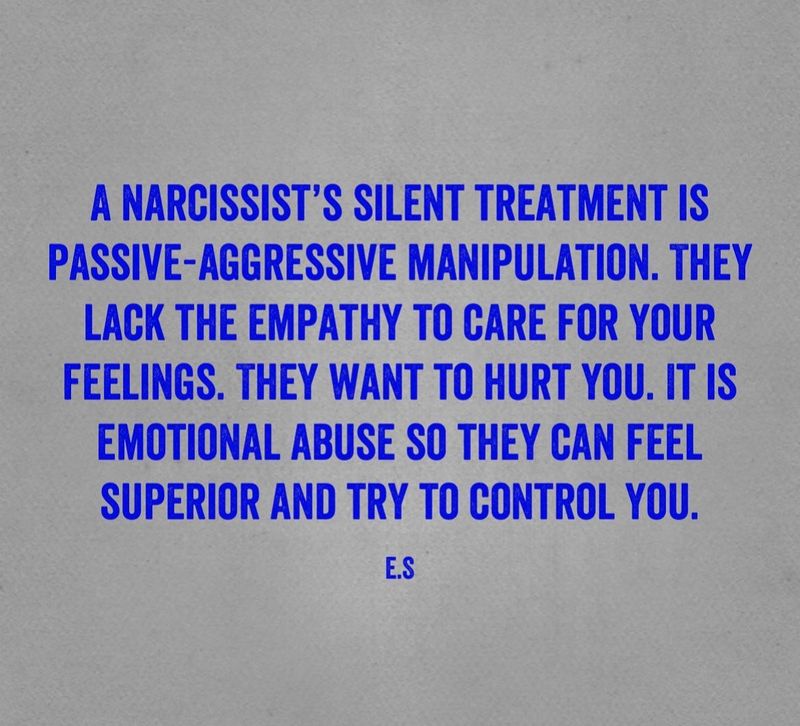
Silence becomes a weapon, a tool for punishment. When displeased, they withdraw, leaving you begging for clarity or resolution. This silent treatment can be more painful than words.
It’s manipulative, designed to make you feel unworthy of their time or attention. The emotional distance grows, creating a chasm that leaves you questioning your place in the relationship.
Breaking this silence requires asserting your boundaries. Demand open communication, and refuse to play into their isolating tactics. Your voice deserves to be heard. Don’t let their silence dictate your worth or happiness.
12. They use your past against you

Your past becomes ammunition in their hands. They bring up old mistakes or vulnerabilities, using them to control or shame you. It’s a betrayal of trust, turning shared history into a weapon.
This tactic keeps you stuck, always on the defensive. You’re trapped in a cycle of guilt and regret, fearing your history will forever haunt you.
Recognize this manipulation for what it is: a diversion tactic to avoid present issues. You are more than your past mistakes. Stand firm in the present, refusing to let old errors define your worth or future.
13. They never admit fault—but expect forgiveness
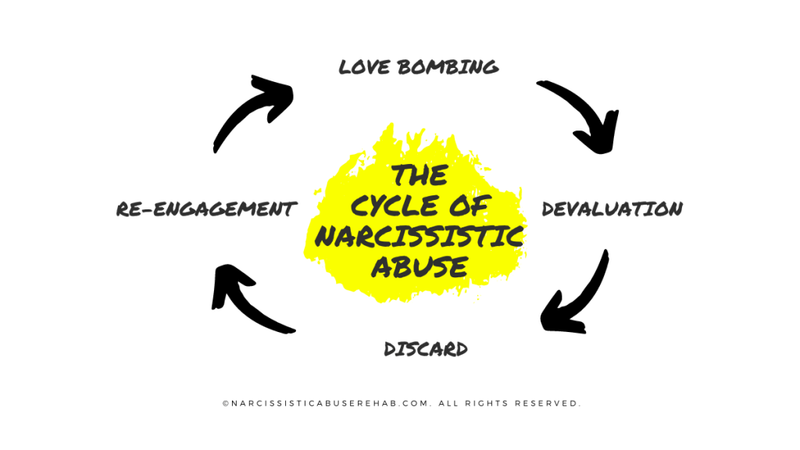
Mistakes happen, but in their world, they’re never at fault. Yet they expect forgiveness, a contradiction that leaves you constantly offering grace without receiving any.
Their inability to accept responsibility erodes trust. It’s a one-sided dynamic, leaving you emotionally drained while they skate through unscathed.
Recognize this imbalance as a red flag. A healthy relationship involves mutual accountability and forgiveness. You deserve a partner who values growth and learning from mistakes, not one who deflects and denies their part.
14. They constantly question your memory

Gaslighting becomes a second language, as they constantly question your memory. Events you’re certain of suddenly become foggy, as they insist on a different version of reality.
This tactic makes you doubt your own sanity, eroding confidence in your perceptions. You feel lost in a haze, uncertain of what’s true.
Clarity comes from trusting your instincts. Keep records of events and conversations, grounding yourself in tangible reality. Refuse to let their manipulations cloud your judgment. Stand firm in your truth, knowing your experiences are valid.
15. They create drama, then blame you for the fallout

Drama seems to follow them like a shadow, and somehow, it’s always your fault. They orchestrate chaos, then deftly shift blame to you, leaving you to clean up the mess.
This cycle of drama transfers their emotional turbulence onto you, making you bear the brunt of their storm. It’s exhausting, leaving you in a constant state of apology and repair.
Understand that this pattern is designed to deflect responsibility. Refuse to accept blame for crises you didn’t create. Your stability isn’t dependent on their chaos. Choose peace over perpetual conflict, and embrace your right to tranquility.
16. They keep moving the goalposts

No matter what you do, it’s never enough. The goalposts keep moving, leaving you in a constant state of striving without satisfaction.
This tactic ensures control, keeping you focused on meeting ever-changing expectations. It’s a relentless cycle that wears down your spirit, making you feel perpetually inadequate.
Breaking free requires setting your own standards. Recognize that their shifting goals aren’t reflections of your worth or abilities. Define success on your own terms, and refuse to let their manipulations dictate your self-esteem. You deserve a stable and supportive environment.
17. They praise you publicly, but criticize you privately

Publicly, you’re showered with praise, creating an illusion of admiration and support. But in private, the narrative shifts, and criticism takes center stage.
This duality is disorienting, making you question which version is real. It’s a tactic that keeps you compliant, reliant on public approval to counteract private disapproval.
Recognize this pattern as a manipulation of perception. True support is consistent, both publicly and privately. Don’t let their mixed signals undermine your confidence. Seek relationships where authenticity is valued over appearances.
18. They make you feel like the crazy one—for noticing the truth
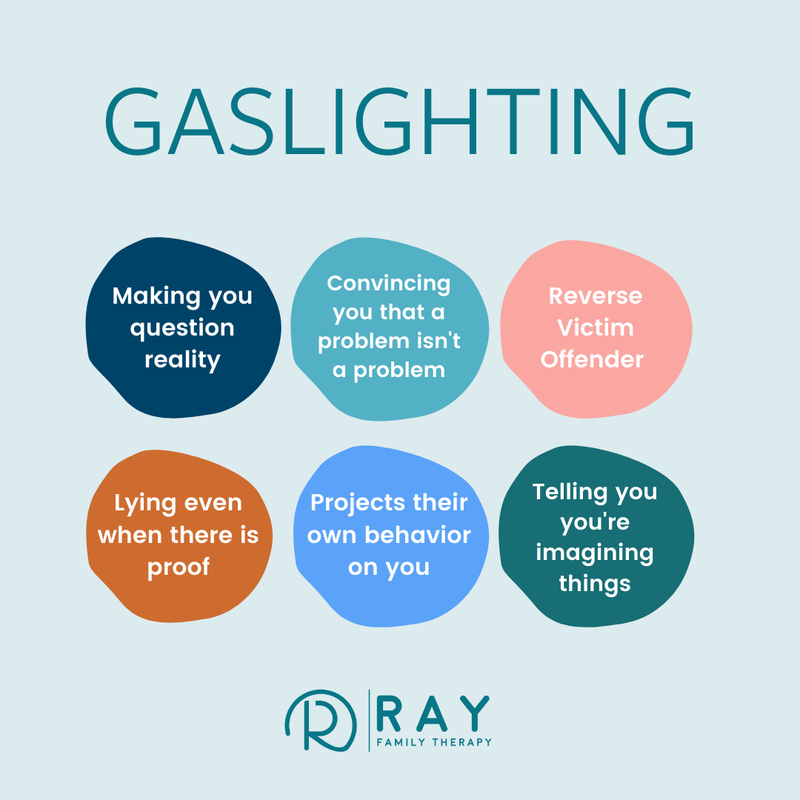
When you point out inconsistencies, they turn the tables, making you feel like you’re overreacting or imagining things.
This tactic creates self-doubt, erodes confidence, and keeps you questioning your sanity. It’s a psychological trick to maintain control, leaving you unsure of your own perceptions.
Trust your instincts. Your observations are valid, and you have the right to acknowledge them without fear or guilt. Surround yourself with people who validate your reality and support your journey towards clarity and empowerment.
19. Feigning Ignorance To Evade Responsibility

Feigning ignorance is a cunning tactic used by narcissists to dodge accountability. They act as if they have no knowledge of their hurtful actions, leaving others in a state of bewilderment. Imagine confronting them about a broken promise, only to be met with a blank stare. It’s as if the event never happened.
This tactic sows seeds of doubt, making the victim question their own reality. Ultimately, this behavior erodes trust and reinforces the narcissist’s control. Victims often feel trapped, wondering if they’re overreacting or if their memories are flawed.
It’s a subtle yet powerful form of emotional manipulation that can leave deep scars.
20. Unrelenting Critique Disguised As Constructive Feedback

Disguised under the guise of helpful advice, unrelenting critique is a favored tool among narcissists. They mask their criticisms as attempts to assist, yet their comments are often demeaning. “I’m just trying to help,” they insist while tearing apart your ideas.
This relentless barrage chips away at self-esteem, leading the victim to internalize these harsh words. Over time, individuals may start to believe they are inherently flawed or incapable.
It’s a slow, corrosive process that leaves individuals doubting their abilities, all while the narcissist maintains an air of superiority and benevolence.







